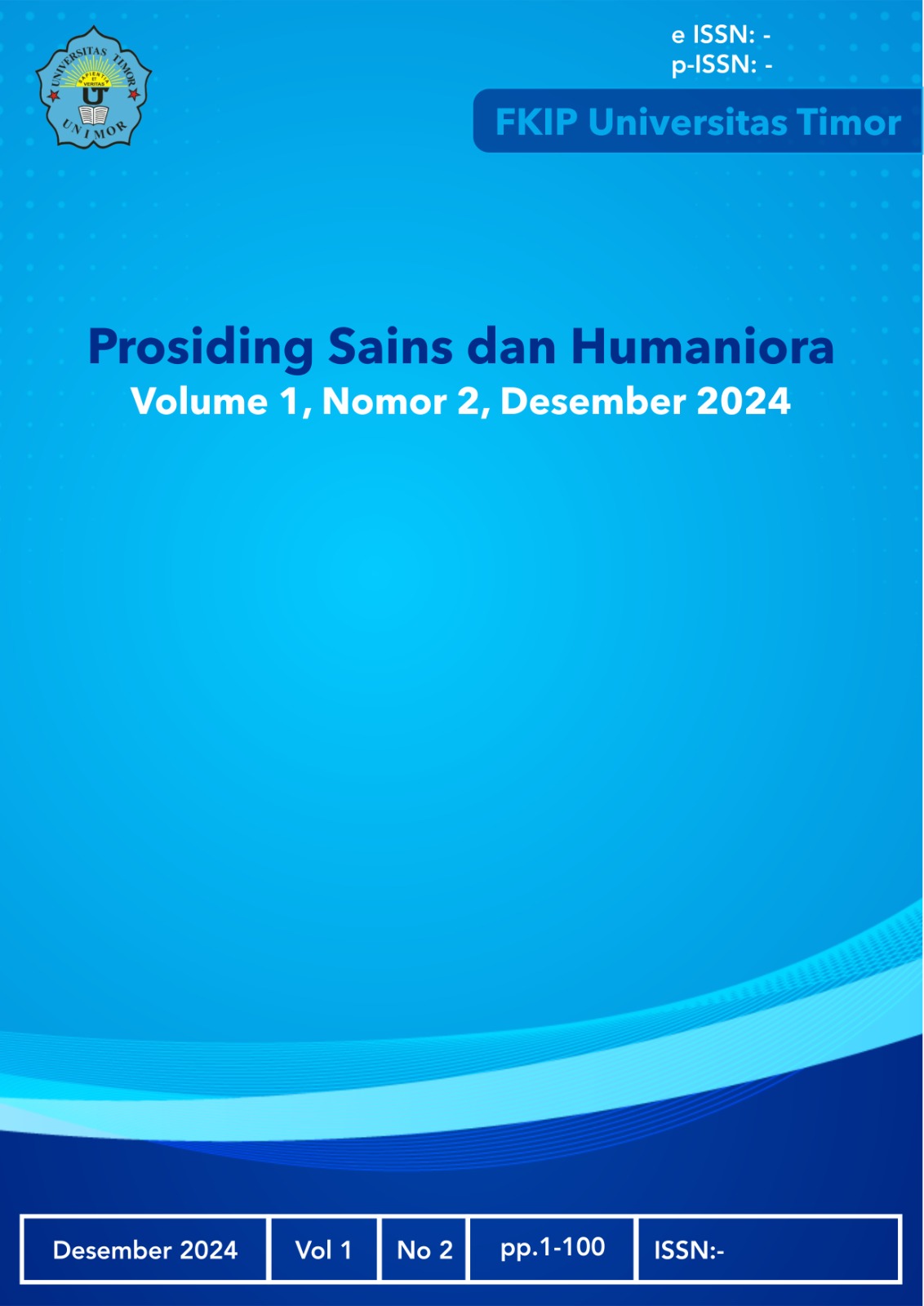Efektivitas Penggunaan Bakteri Wolbachia Terkait Upaya Menurunkan Prevalensi Kasus Demam Berdarah
Keywords:
Aedes aegypti; dengue fever; mosquito; WolbachiaAbstract
There has been an increase in the number of mosquitoes inoculated with Wolbachia bacteria as an effort to reduce the prevalence of dengue fever cases recently. Not all regions in Indonesia implement this method. This paper aims to determine the effectiveness of Wolbachia strategy implementation to reduce the prevalence of dengue fever. This paper is a literature review. The Wolbachia strategy was carried out in five main cities, namely Semarang, Bandung, West Jakarta, Bontang, and Kupang. Mosquitoes inoculated with Wolbachia bacteria have black bodies with white stripes, similar to Aedes aegypti. The way it works is by means of a cross-breeding mechanism. Male mosquitoes that have been inoculated with Wolbachia will block the dengue virus in female mosquitoes and vice versa, producing eggs containing Wolbachia. Furthermore, Wolbachia bacteria will paralyze the dengue virus in the mosquito's body. In 2022, trials were conducted in Yogyakarta and Bantul. The decrease in dengue cases reached 77% and the reduction in the proportion of being treated was 86%. Conclusion: the effectiveness of the use of Wolbachia bacteria related to efforts to reduce the prevalence of dengue cases was successfully carried out in Yogyakarta and Bantul in the trial phase. Further research are required in various cities.

